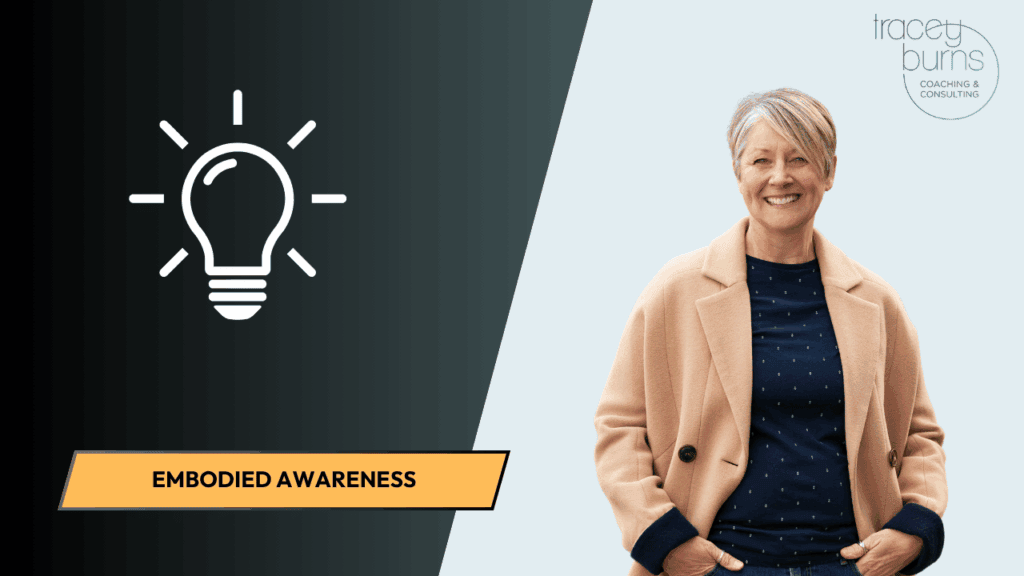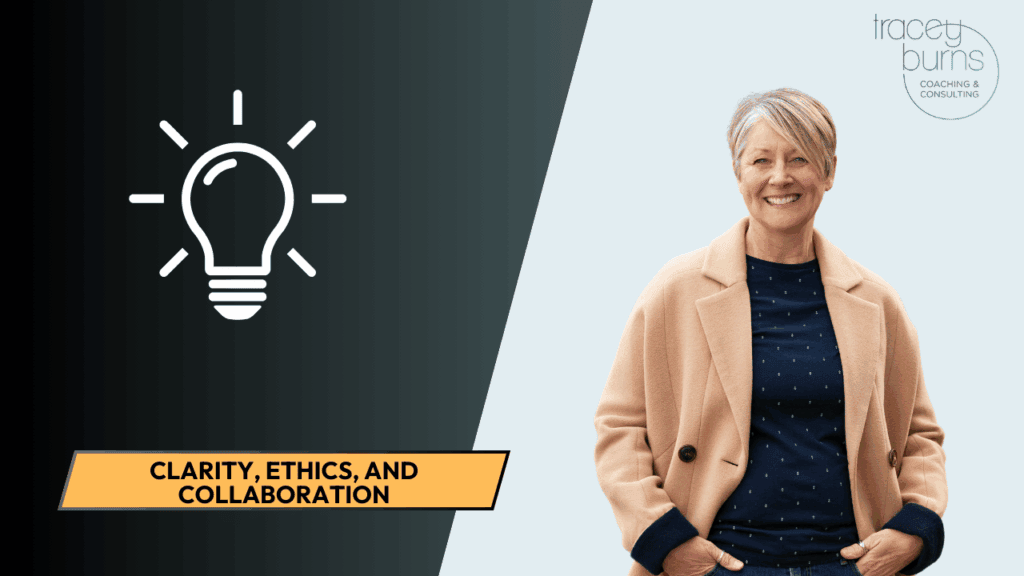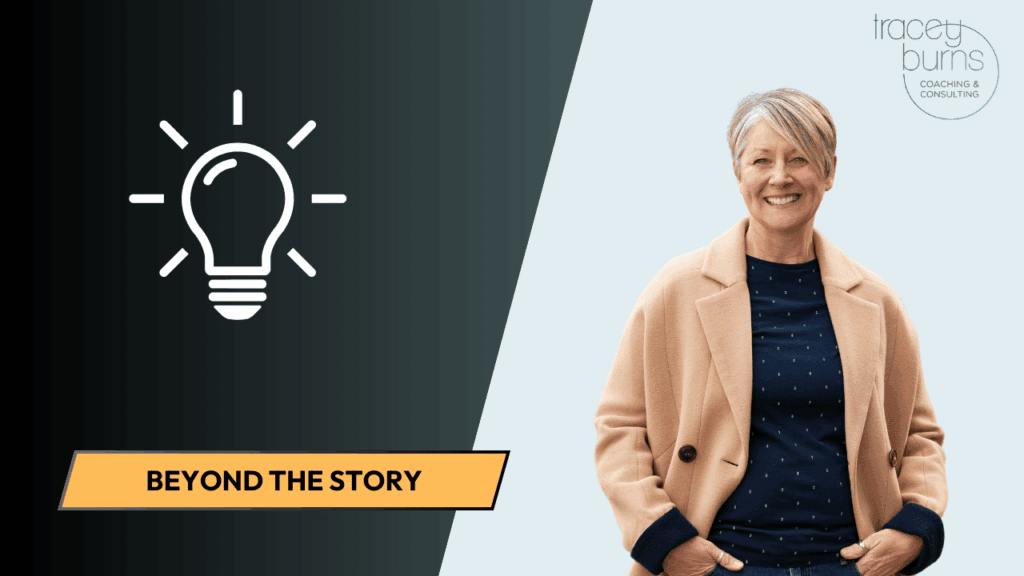Coaching Supervision
A structured, reflective space for you to enhance your skills, ensure ethical practice, and receive support and guidance to maximize your effectiveness and professional growth. Group and Individual Sessions available.

How does coaching supervision work?
Health
Explore the well being needs unique to coaches. Process your sessions, clear and avert burnout, overwhelm and stress, build a strong foundation.
Relationships
Uncover and explore when dynamics enter the coaching space, become more aware of triggers and bias. Maintain health in the system.
Ethics
Confidently navigate unique ethical challenges. Identify beliefs affecting you and your clients in an inclusive, safe and supportive space, free of judgment.
Reinvention
Future proof you and your coaching business, recognize when it's time to expand your skills and transform your practice. Develop courage and trust in self.

Here are some fun facts about my coaching supervision program.
What is your experience and background in Coaching Supervision?
I was formally trained by Colin Brett and Tracy Sinclair of Coaching Development through their Diploma of Coaching Supervision Program. The program included psychotherapy, psychology and transactional analysis and introduced many models and theories that I draw on in supervision sessions.
What supervision models and approaches do you use?
Here are just a couple of models and theories that I’ve been known to tap on during sessions.
1. Seven-Eyed Model of Supervision (Peter Hawkins and Robin Shohet)
2. Proctor’s Three Function Interactive Model
3. Kolb’s Experiential Learning Cycle
4. Reflective Practice Model
5. CLEAR Model (Peter Hawkins)
6. Solution-Focused Supervision
7. Developmental Model (Stoltenberg and Delworth)
8. Integrative Developmental Model (IDM)Plus we might incorporate, clean language, somatic coaching, drama therapy, metaphor work, role play… whatever first the occasion and supervision request!
How do you structure your supervision sessions?
If we’re working one-on-one we’ll work for 60 minutes either via zoom or via phone. If we are in group I like to work with a maximum of 6 people at a time for 90 minutes. Of course the coach drives the agenda, bringing a client query or concern. We work through whatever has been brought using a model or theory that resonates with the coach. I love supervision because of its flexibility, I find that I am wildly creative in these sessions and can tap on years of wisdom as needed to the benefit of the coach.
How will you help me address specific challenges I face in my coaching practice?
I think the safe, non-judgmental space that I hold is the thing that most coaches who have engaged in supervision with me remark on the most. I really want coaches to know that no matter what they’re bringing to me, I’ll stand with them and for them so that they feel protected and resourced. We can encounter some tricky and unusual situations and it’s incredibly important to know you don’t have to navigate it alone.
How do you support ongoing professional development?
As part of Cairn Wellness for coaches, I offer monthly educational sessions where I bring hot new topics into discussion and challenge coaches with questions designed to expand your thinking and grow your coaching. In addition, during the coaching supervision sessions I make sure that everyone walks away with something new whether it be expanded perspective, new ideas or approaches.
What are some new ways to break through the client's resistance? A client continually resists change despite the numerous strategies I've employed.
There are a number of places for us to explore with this one. First check in, who is more interested in breaking through the resistance? You or the client? Have you explored the resistance with the client? What's it like for the client when they resist? What if the resistance was part of the process?
I noticed a bias pop up due to a past negative experience with my client's political views. What do I do?
Remember - we're humans who coach and no matter how experienced we are, we will have strong biases pop up from time to time. I think that every disruption in the coach/client space contains magic. If you were to be authentic about what's coming up for you, what could you and your client learn from this experience?
What if my client is consistently disengaged and unmotivated during our sessions? What are some ways to reengage them?
Chances are that this disengagement and lack of motivation shows up in many places of the client's life and potentially has a pattern to it. What if you mapped the pattern in partnership with the client? How is this related to their whole reason for engaging with you in the first place? Where in your life are you disengaged and unmotivated?
I'm feeling overwhelmed by my workload and finding it hard to maintain boundaries with clients. I'd like to develop strategies for better self-care and boundary management.
First or all, it takes courage to admit that its difficult to maintain your boundaries. Second of all, it takes amazing courage to seek support. In this case we partner to resource you in unique ways during times of challenge. Chances are you know what there is to do, you just need someone to walk with you. Coaching can be a lonely endeavour and it's wonderful to feel supported in the unique way coaches require.
A client has requested to become friends on my personal social media, should I add them?
There are a number of things to consider regarding social media. It's a hot topic these days. Your social media strategy, your ideas of personal and professional boundaries all play a part here. Your relationship and connection with the client also plays a huge part.
A simple process to achieve great things
Create an expanded view on what is possible for you and your coaching clients.
Schedule a 1-on-1
Test drive coaching supervision. Bring anything related to your clients and/or your practice to our session and walk away with insight, momentum, clarity, learning and altitude. Safe, non judgmental and nurturing - it's my guarantee!
See If We're a Fit
I'm passionate about coaching and one of my favourite things to do is support coaches. You and I know that it's heartwork we're up to, we might be kindred spirits. No matter what, I bring my best in service of your growth in this unique business that we're in.
Reach Your Client Goals
A powerful outcome of coaching supervision will be the significant enhancement of your self-awareness and professional competence, which will lead to more effective and impactful coaching sessions with your clients! Which eventually leads to ongoing referalls.
Working with me includes the somatic experience
During supervision I use a coaching methodology that integrates principles from process oriented psychology, ontological coaching, transactional analysis and systems thinking which facilitates deep and transformative change in you as coach.
By focusing on the meta-levels of thinking, meaning, and self-reflection, you’ll access deeper levels of awareness and self-mastery.
The best part – so will your clients!
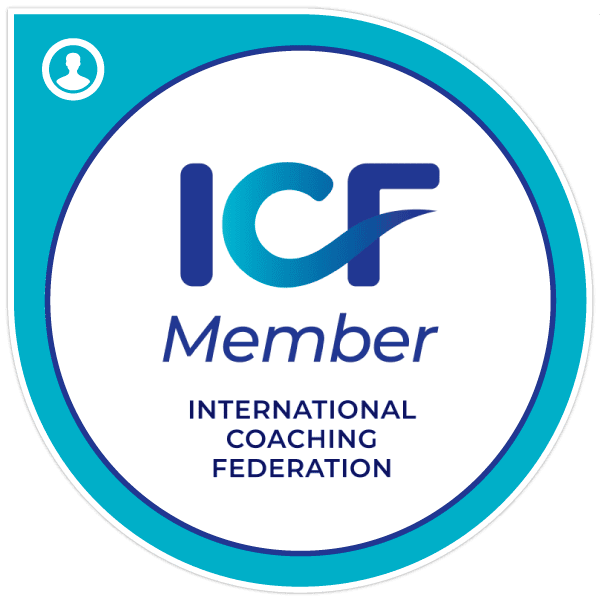
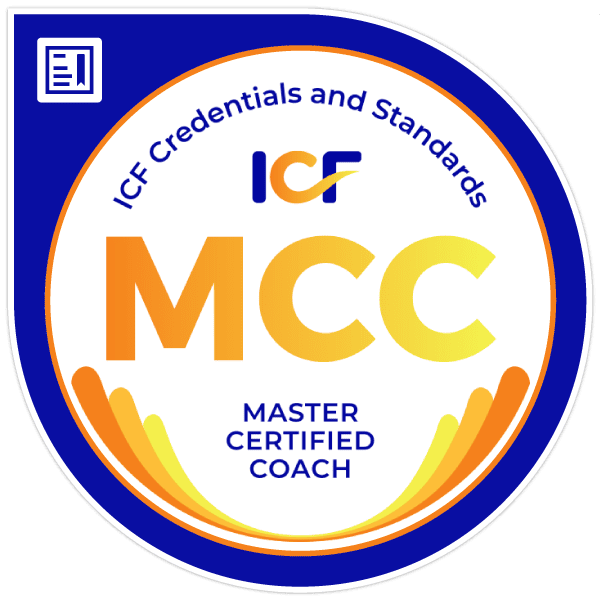
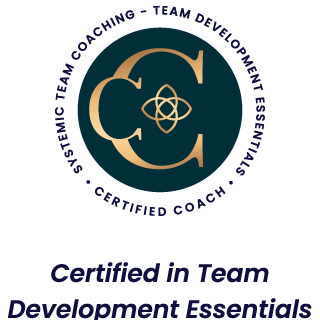
Frequently asked questions
After all the training you took to get here, you might be wondering what would possibly compel you to sign up for coaching supervision?
You’ll discover that the more you coach, the more you’ll encounter things that require deep exploration that just can’t be done solo.
If I haven’t answered all your questions here please feel free to send me yours and we’ll add them so others can benefit.
How do you structure your supervision fees?
My philosophy has always been that every coach deserves support and a safe place to process everything we experience in the coach/client interaction. Supervision also provides quality assurance for you and your clients. Running parallel to coaching, supervision is affordable and flexible especially if you join a Group. You can purchase six sessions or more and use them whenever you want. They do not have to be used consecutively, as in other coaching contracts.
What is most effective, individual or group supervision?
I hate to answer this question with, “It depends,” but it does! I would ask you to consider where you thrive most: group or one-on-one. Perhaps you’ve encountered a sticky situation and feel more comfortable first discussing the details one-on-one. Or perhaps you’d like some one-on-one focus because you have a list of specific things you’d like support with.
What if I have a coach? Does supervision replace coaching?
Good news coaches! Supervision does not replace your beloved coach! Supervision sounds and feels very different from coaching and is designed to cover different aspects of the work you’re doing with your coach. Supervision ensures that you are operating in a healthy way, that client situations, stories are being cleared and processed in a healthy way and this provides massive value for you AND quality assurance for your clients.
For example, you may work with your coach to build your coaching practice. Your coach provides accountability resources, addresses fear, evokes what you truly want from your business, and does all of the other things a professionally trained coach does. In contrast, your coaching supervisor will address your reflective practice and way of being, identify missing skills, and explore coaching models and theories with you that will add to your enrichment—and well, that’s just great for your business too!
Do I have to book sessions every week?
Unlike a coaching engagement, supervision offers maximum flexibility. Once you purchase a supervision package (6, 8 or 12 sessions) you can book whenever you either have a specific need or a desire to engage.
Is supervision the same as mentor coaching?
Supervision is distincly different!
Mentor Coaching focuses on developing a coach’s skills and competencies, through feedback and guidance on specific coaching techniques and practices. It involves direct observation of coaching sessions (live or recorded), followed by constructive feedback aimed at improving the coach’s effectiveness and alignment with coaching standards and competencies.
Coaching Supervision provides a broader, more reflective space for coaches to explore their experiences, address ethical issues, and enhance their overall professional development. It focuses not only on skill development but also on the coach’s personal growth, self-awareness, and handling of complex client situations. Supervision encompasses support for the coach’s emotional well-being and professional boundaries, offering a holistic approach to their practice.
Articles and resources to support your ongoing growth and development
Working from the inside out, articles, resources and client stories shared confidentially to support your own coaching journey.
When A Client Says…
Should I want to level up my business? (A note to the coaches) “Know thyself” is a phrase I use…
The Evolving Meaning of ‘Coach’: Clarity, Ethics, and Collaboration
When I was first introduced to "coaching", I fell in love with it as an art form, a creative, magical,…
If This Isn’t About Me, What Can I See?
In coaching, one of the core things we are trained in is our ability to access the meta-view, stepping out…
Courses to help you reach new heights
Tell-it-like-it-really-is coaching business courses from someone who's had a successful practice for over 20 years. All designed to support you to prosper and address the very real mental health and well-being challenges unique to internal and external coaches.
REFLECTIVE PRACTICE
Bring back your childlike wonder

Think back to when you very small, exploring and discovering the world. Observing with pure curiosity, bringing a childlike wonder to every stone you unturned, every bug you examined.
Bring back that curiosity as you become an observer of your thoughts and actions. Let go of blame, judgment, harshness or criticism and regard yourself and your behaviours with compassion and kindness.
How we see and experience ourselves, others and the world determines what we see as problems, possibilities and/or solution. This process can deliver remarkable insight and lead us into a whole new way of existing.
